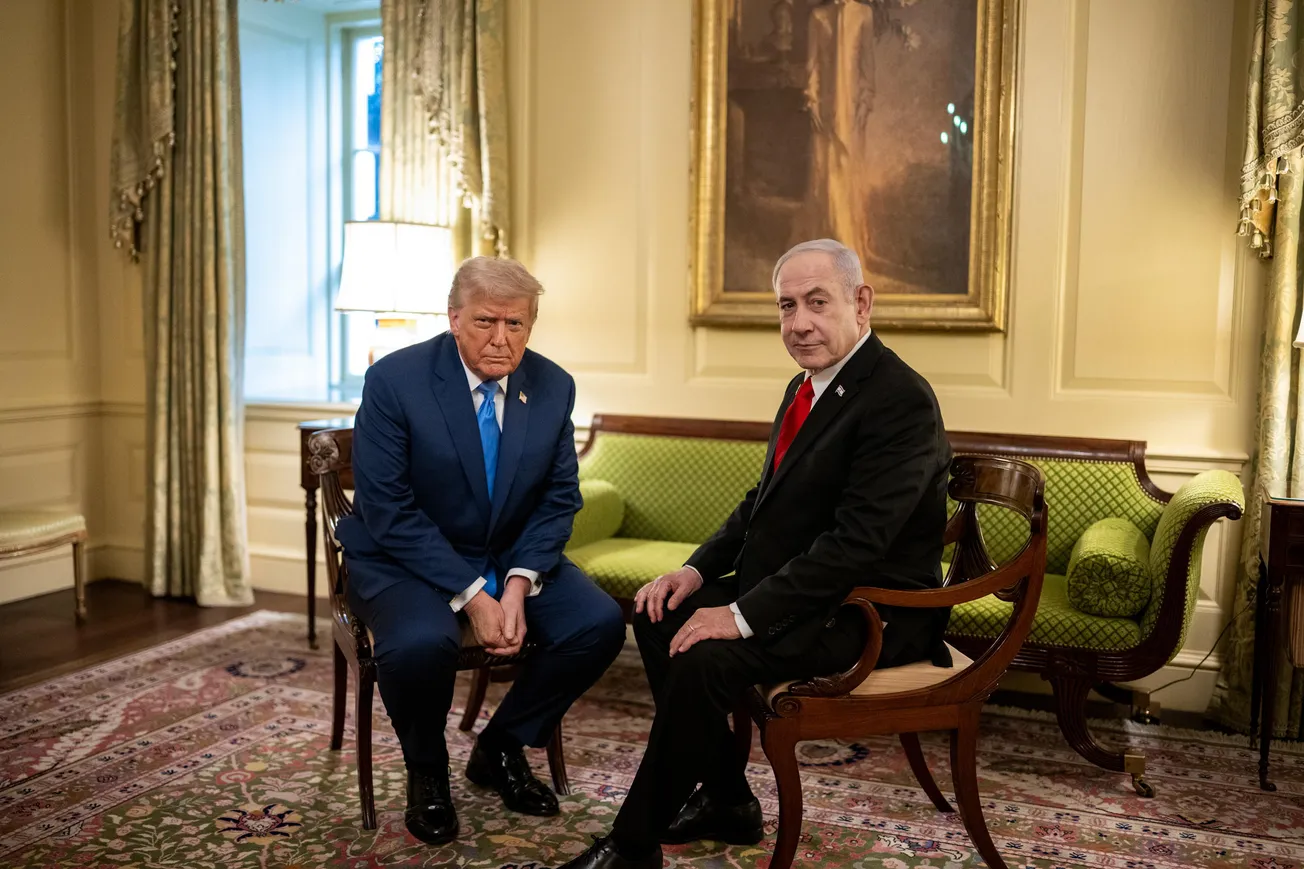The Anglo-Ukrainian hit squad, Molfar-OSINT, added another 15 names in the past week to the “Foreign Propagandists for the terrorist Russian Federation” list it files under its “Enemies of Ukraine” page. Molfar’s “Enemies” page includes multiple lists with targeting information against Russian military and intelligence officers and their family members, Russian athletes, clerics of the now-banned Ukrainian Orthodox Church, etc. The so-called “foreign propagandists” are labeled as “Russia’s weapons in the war against the civilized world” who threaten the national security of Ukraine and other states, “especially those that share state borders with Russia.”
Molfar writes that it prepares its enemies’ lists as information for “competent authorities” to take appropriate action. The “#Death to enemies” hashtag appearing on several of its “Investigations” speaks for what action is intended by the NATO-backed outfit.
Many nationalities are included on this list (Schiller Institute founder Helga Zepp-LaRouche and Scott Ritter, among them), but the latest batch of “foreign propagandists” are all Europeans: one each from France, Italy, Germany, the UK, and Estonia; three each from Poland and Moldova; and four from Czechia. The “evidence” cited against those individuals is two to ten years old; advocating, at any time, a policy which does not adhere to the outlook of Molfar’s Nazi-collaborator Stepan Bandera-worshippers, appears to be enough to be designated an “enemy.”
The most prominent figure named is the 85-year-old former French Cabinet Minister Jean-Pierre Chevènement. The sole piece of “evidence” given for his inclusion is a single article from the French press published back on Feb. 20, 2014. But being a figure listened to by others within the French political elites, from Presidents to Ministers of Foreign Affairs, was sufficient for him to be targeted for his alleged “anti-Ukrainian and pro-Russian stance.”
Two designations, in particular, display the fanaticism of Molfar’s team. The three Poles named (Pawel Kukiz, Wojciech Smarzowski, and Bohdan Pietka) are designated as enemies because they insist that the acts of genocide carried out by the Ukrainian “Banderites” in Poland during World War II, including in the massacre at Volyn, must not be forgotten.
And Andrew Monaghan, a British “expert” on Russia, whose career ranges from Chatham House and Oxford University’s Changing Character of War Centre, to NATO’s Defence College and the Royal United Services Institute (RUSI), the institutions where he is currently employed, is deemed an “enemy of Ukraine” because he argues that actually knowing something about Russian history is required for strategic decisions.
The other targets include: Maurizio Marrone, a member of the Fratelli d’Italia party involved in the Piedmont regional council; Brigitte Queck, from Germany’s “Mothers against war” association; Estonian anti-war activist Allan Hantsom; three leaders of the Moldovan “People’s Resistance” party (Evgeniy Nazarenko, Alexandr Lomakin, and Vadim Lungul); and four journalists from Czechia (Zdenek Kratochvil, Pavel Letko, Jan Schneider and Radmila Zemanova-Kopecka), three accused of “publishing anti-Ukrainian articles” and organizing a conference attacking the Maidan and the murders in Odessa, and the fourth for founding a Slavic studies institute.



